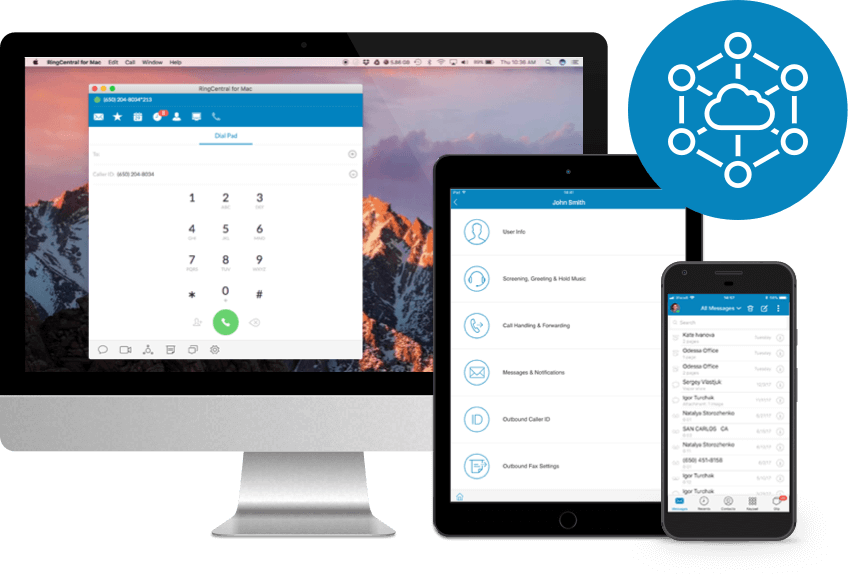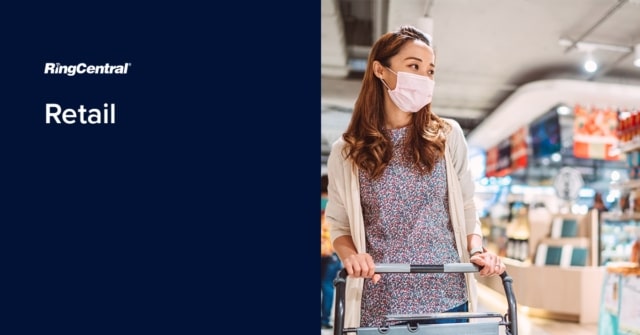We’ve all heard the word retail before, but few of us truly know this industry’s ins and outs. Retail is a big business both in Great Britain and Northern Ireland and around the world. The retail industry is responsible for providing millions of jobs and fuelling our economy.
In recent years, online retail has experienced something of a mega boom. The Coronavirus pandemic has accelerated this existing trend, pushing UK retail eCommerce past 30% of total retail sales in 2020.
In this article, we’ll dissect retail beyond the shopfront to discover how it really works and how to run a successful retail business—whether that’s brick and mortar or online.
What is retail?
In its most basic form, retail is the sale of a product from business to customer. Retail transactions occur across a single point of purchase in the form of a physical shop, website, direct sales, or catalogue.
Retail differs from large-scale wholesale transactions in that it is specifically directed towards selling to the public. The retailer sells goods directly to the end-user (the consumer) for personal use, and retail transactions are typically small-scale.
Most retailers do not manufacture their own products. Retailers purchase from wholesalers in volume and sell these products to the public as individual units. In other words, the retailer is the middle-man in the commercial supply chain between wholesaler and end-user.
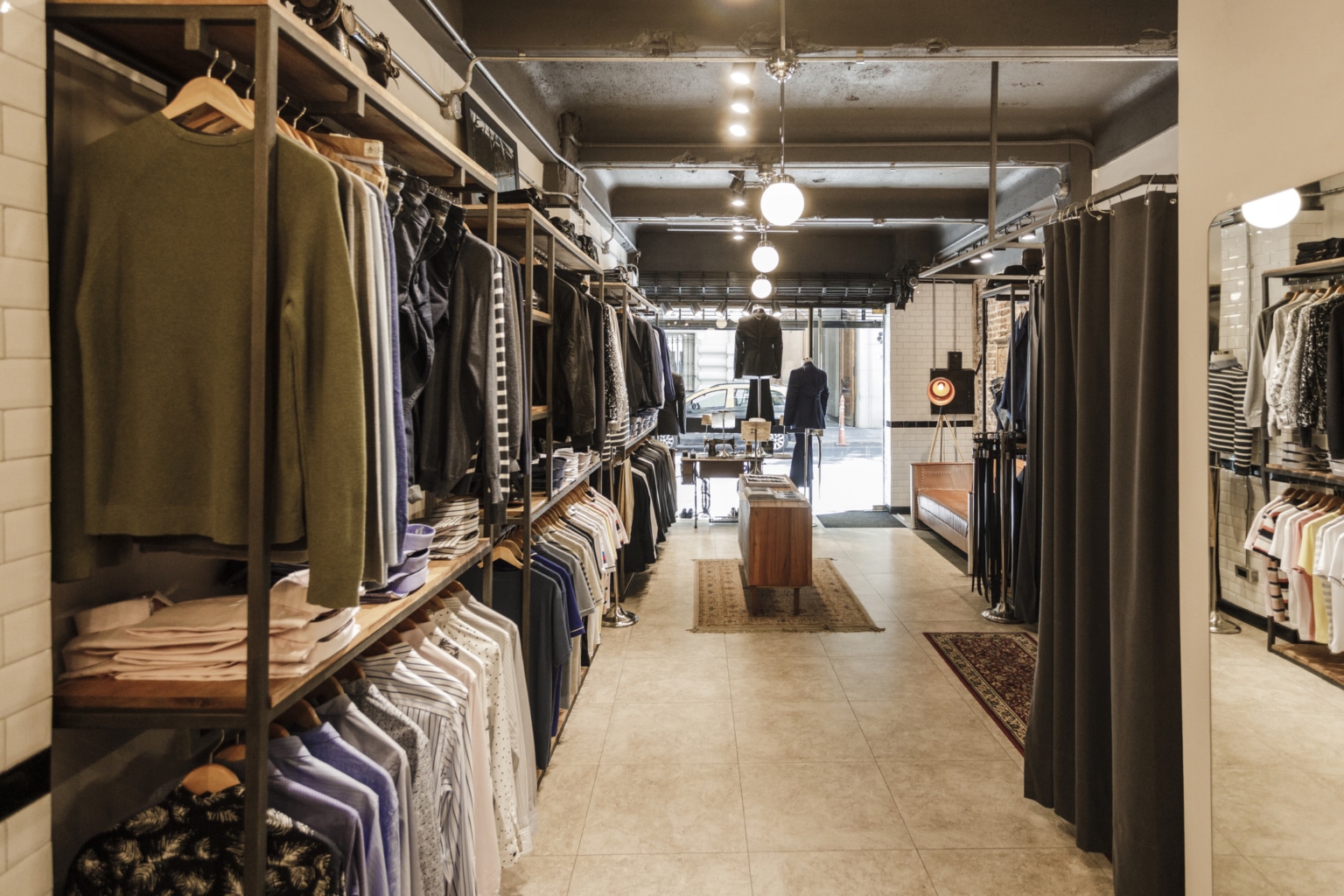
How does retailing work?
Many factors go into creating retail’s glossy end-image. Let’s dissect the shopfront and get to the heart of what retail really is and how it functions.
The supply chain
Retail operates via a retail supply chain consisting of manufacturers, wholesalers, retailers, and consumers. Each part of the supply chain is essential to keeping the retail industry going. We don’t always see it as customers on the high street or whilst making online purchases.
A retail supply chain looks something like this:
- Manufacturers produce goods from raw materials
- Wholesalers purchase merchandise from manufacturers at business rates
- Retailers purchase goods from wholesalers in large quantities at low prices
- Retailers sell goods in small quantities to end-consumers
- Consumers purchase goods for personal use
In short, the supply chain distributes products from production to consumption. At first glance, it might seem like the supply chain is causing price inflation. But it actually keeps end-prices down. Because manufacturers don’t have to market their own goods, they can keep costs low.
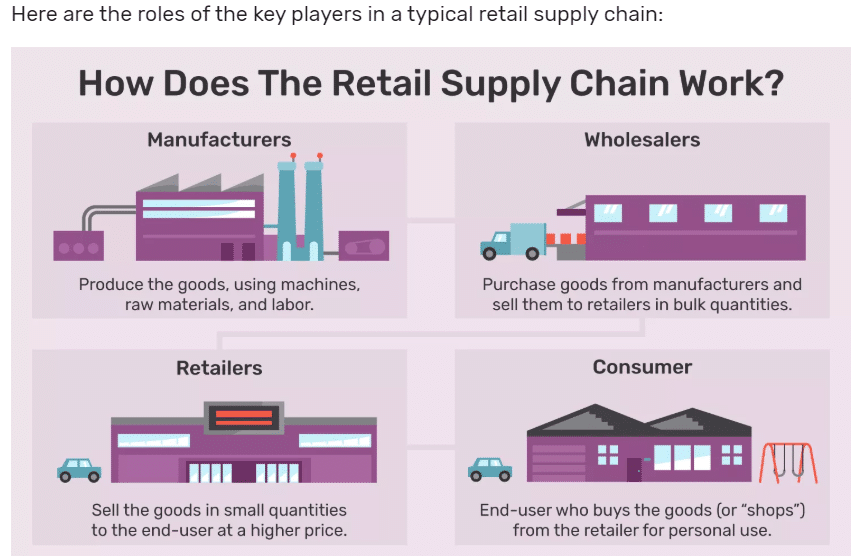
Customer experience
Success in retail is heavily reliant on creating positive customer experiences. In retail, sales depend on meeting changing customer demands. Customer expectations vary dramatically depending on geography, season, current trends, and many other factors.
The best retailers provide customisable and personalised shopping experiences through creative branding and additional services. They know their customers well and always seek to sell the right products at the right prices.
Types of retail businesses
Types of retail business include department stores, online commerce, local speciality shops, and supermarkets. Each stock a different type of product for low-scale, single point purchases. A loaf of bread from the bakery, for example, or a pair of jeans from a high-street fashion retailer.
Different types of retailers will target different customer niches and mobilise different sales techniques to match their individual customers’ expectations and needs. For example, some customers might be looking for convenience, whilst others will seek luxury goods and services.
You’ll most likely be familiar with some, or all, of these common types of retailer.
1. Department store
Large retailers that stock products from their own range alongside products from other companies. Think Debenhams or John Lewis. As the name suggests, these retail stores are divided into departments with a vast array of products to choose from. From fashion to tech and everything else you could imagine.

2. Online store
We’re all familiar with online shopping. Ecommerce is a fast-growing retail environment, popular for its competitive pricing and convenient delivery options. Online retail giants like Amazon can set prices below retail value by making deals with manufacturers, warehouses, or vendors.
3. Convenience store
These brick-and-mortar shops are a high street staple. Most towns in the UK will have a convenience store where locals can stock up on everyday essentials like bread, milk, and confectionery. These shops tend to extend their opening hours for extra convenience.
4. Supermarket
Supermarkets are retail goliaths, and these days, most sell more than just groceries. Think Aldi, Lidl, Asda, Tesco or Sainsbury’s. Many of the UK’s larger supermarkets now stock household items, clothing, technology, books, and more. Supermarkets have added value by diversifying their services and providing customers with one-stop shops.
5. Warehouse store
Warehouse stores like Costco and Ikea sell a huge range of products on mass at lower than market price. These stores have become increasingly popular as a way to save money on essentials. Customers can save money by buying items in bulk quantities.
6. Speciality store
Speciality stores specialise in one particular product type or niche. They are usually present on local high streets or in shopping centres. It could be a speciality grocer or even a clothing store focussed on sustainability. Anything you can think of, there’s a speciality store out there for it. Mike Ashley’s Frasers group (formerly SportsDirect) and Kingfisher group (owners of DIY brands like B&Q) are examples of highly lucrative specialist retailers.
7. Outlet or discount store
Outlet stores sell brand name products at discounted prices. Discount stores sell discontinued generic-brand products at lower than wholesale prices. Both outlet and discount retailers use savings as their USP.

How to run a successful retail store
When it comes to retail, the secret to success is proactivity. In other words, the best retailers are always one step ahead. They listen to their customers and give them what they want before anyone else. This is one of the best ways to optimise sales.
Even something as simple as changing your store layout can make a huge difference, and, of course, sales always entice more customers. Think Black Friday or Boxing Day sales.
Other factors to consider include:
- Attractive product displays
- Test samples
- Incentives
- Bundle-buys
- Loyalty schemes
- Points cards
- Retail fairs
Employing the right software can also make or break retail success. Cloud-based point of sale (POS) systems offer many advantages over traditional cash registers and sales hardware. POS systems offer detailed analytics, customer insights, inventory management, accuracy, and security to streamline the checkout experience.
All of these factors add up to increase customer satisfaction.
How can retailers benefit from online retail?
To remain competitive in today’s increasingly online marketplace, all retailers need to innovate. Large retailers and supermarkets have already made the shift online. Online food deliveries are a modern staple. And since the outbreak of the pandemic, online deliveries from brands like Ocado and Morrisons have skyrocketed.
Even small independent shops need a user-friendly website to remain competitive and hold on to customers. Whether you’re maintaining a physical store presence or planning to move your business online entirely, some major benefits come with online retail.
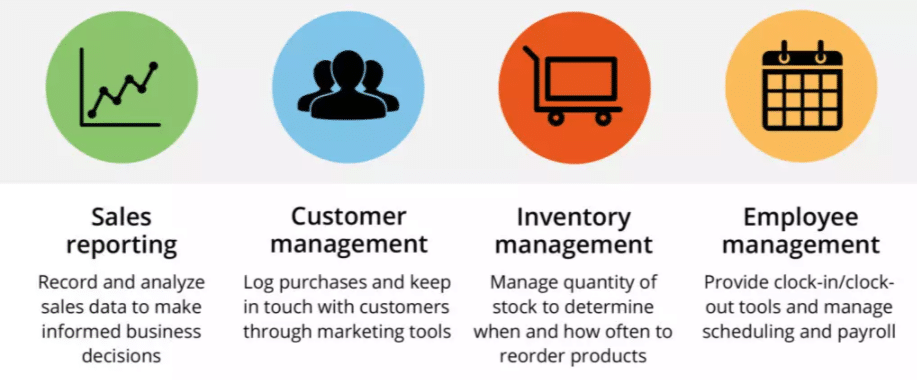
These include:
-
Brand awareness
Without an online presence, your business is missing out on potential customers, which means potential sales. Most modern customers expect online sales checkout and delivery options. But even small-scale retailers should prioritise some online presence to boost business footfall.
-
Lower overheads
Due to rising overheads, more and more small businesses have suffered high street evictions in recent years. Running an online store is cheaper than brick-and-mortar. Hands down. Online retail is a fast and cost-effective way to get your products to market.
-
Customer accessibility
With your products online, you’ll be able to reach more potential customers. Ecommerce doesn’t stick to high street hours. Online retail is the best way to show off your products in the 24/7 global marketplace.
-
Access to more communications channels
Online retailers can offer their customers omnichannel service experiences. Customer queries can be answered via email, live chat, chatbots, and online forms. Online retailers also benefit from the ease of contact with their own warehouses, suppliers, and shippers.
-
Real-time data
When retail goes online, it’s easy to use integrated reporting tools to gather real-time customer data. These accurate and targeted insights help retailers streamline services, improve customer experience, and optimise pricing.
-
Lockdown-proof
Since the coronavirus outbreak in 2020, retail has experienced a dramatic shift, with more and more shoppers going online. Online retail is quickly becoming the new normal and offers a great way to continue doing business during COVID-19 disruptions.
Inside retail
So, there we have it. We’ve debunked those retail myths and dissected the inner workings of the high street. From retail giants like Arcadia to small independent shops and Co-ops, retail is a highly lucrative industry constantly changing. The next big thing to hit the retail industry is Brexit.
It’s time to go online to future-proof your retail business. If your business is getting ready for an online transformation of its own, you’ll need the digital infrastructure to match. It’s time to forget the cash register and embrace the cloud.
Find out more about RingCentral retail business solutions and how they can move your business forward.
Originally published Apr 01, 2021, updated Feb 03, 2023
